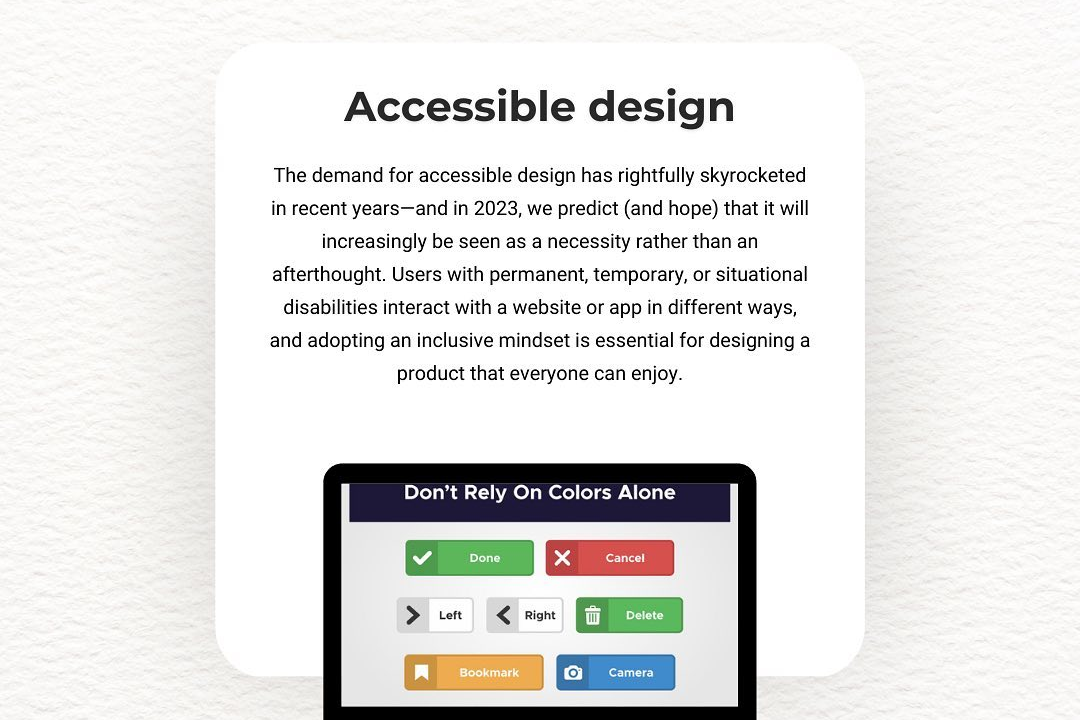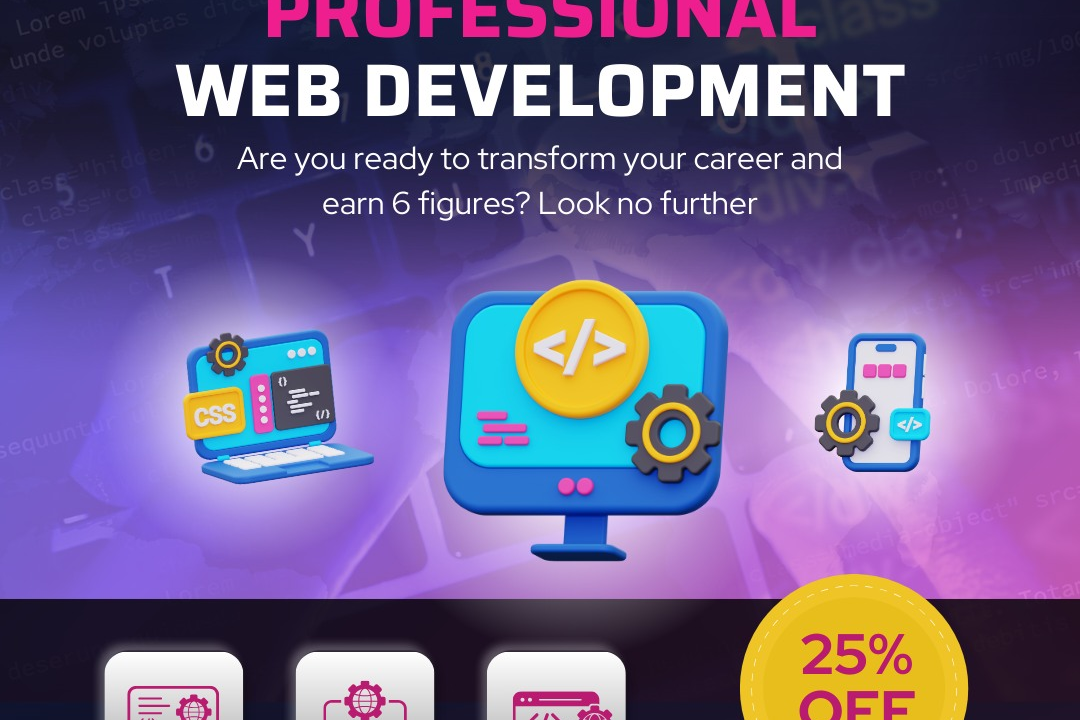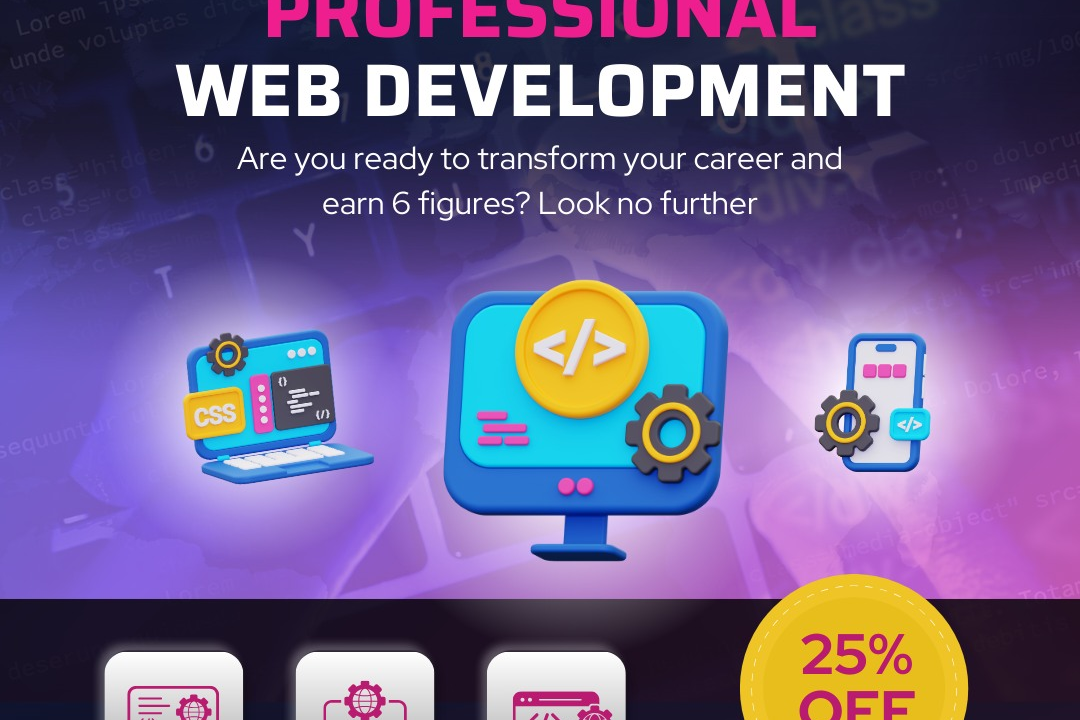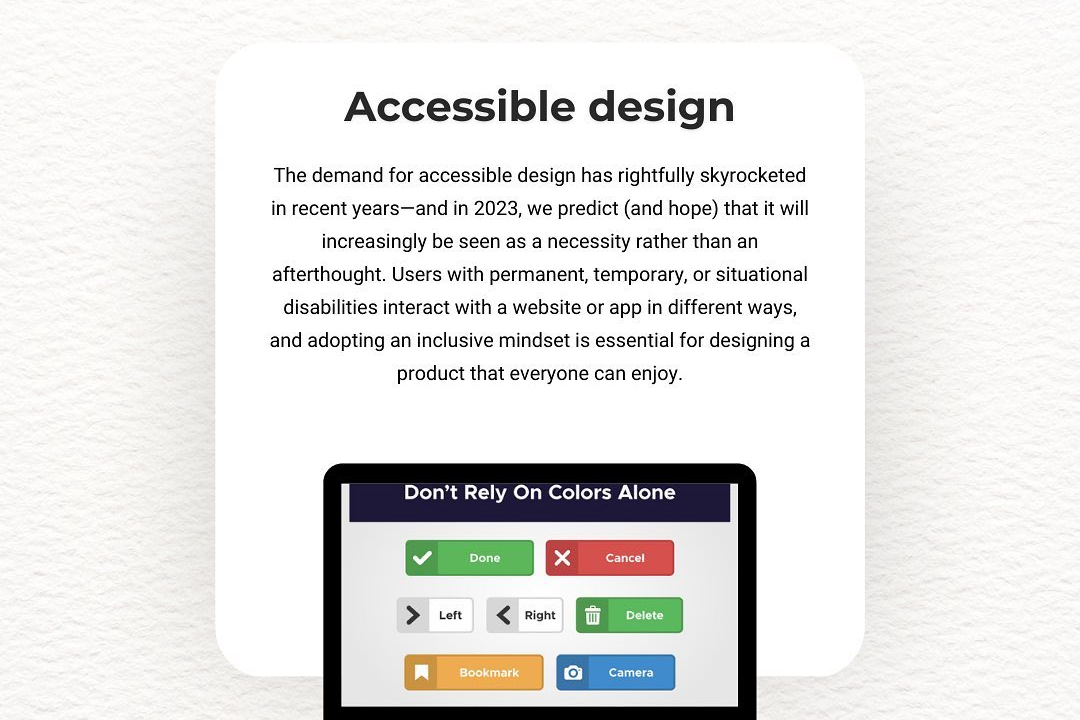Complite Program With Exception Handling In Php
A complete program with exception handling in PHP is designed to manage potential errors and excepti
Complite Program With Exception Handling In Php
A complete program with exception handling in PHP is crucial for robust software development as it helps manage runtime errors gracefully. By using try-catch blocks, developers can capture exceptions that occur during execution, allowing the program to respond appropriately rather than crashing unexpectedly. This not only enhances the user experience by providing informative feedback but also aids in debugging by logging errors for further analysis. Implementing exception handling ensures that applications remain stable and reliable, enabling them to continue functioning even when unexpected issues arise, thereby improving overall application integrity and user satisfaction.
To Download Our Brochure: https://www.justacademy.co/download-brochure-for-free
Message us for more information: +91 9987184296
A complete program with exception handling in PHP is crucial for robust software development as it helps manage runtime errors gracefully. By using try catch blocks, developers can capture exceptions that occur during execution, allowing the program to respond appropriately rather than crashing unexpectedly. This not only enhances the user experience by providing informative feedback but also aids in debugging by logging errors for further analysis. Implementing exception handling ensures that applications remain stable and reliable, enabling them to continue functioning even when unexpected issues arise, thereby improving overall application integrity and user satisfaction.
Course Overview
The “Complete Program with Exception Handling in PHP” course provides an in-depth exploration of PHP programming with a focus on effective error management techniques. Participants will learn how to implement try-catch blocks, define custom exceptions, and utilize PHP's built-in error handling functions. Through hands-on projects and real-world scenarios, students will develop robust applications that can gracefully handle unforeseen issues, ensuring a seamless user experience. By the end of the course, learners will possess the skills to write resilient PHP code, enhancing their programming capabilities and preparing them for challenges in professional development environments.
Course Description
The “Complete Program with Exception Handling in PHP” course offers a comprehensive guide to mastering PHP programming, emphasizing the critical aspect of error management. Participants will delve into the fundamentals of exception handling, learning to implement try-catch blocks, create custom exceptions, and use PHP's built-in error handling functions. Through engaging real-time projects, students will gain hands-on experience in developing applications that can manage errors gracefully, ensuring a robust user experience. By the end of this course, learners will be equipped with the essential skills to write resilient PHP code, readying them for real-world programming challenges in various professional environments.
Key Features
1 - Comprehensive Tool Coverage: Provides hands-on training with a range of industry-standard testing tools, including Selenium, JIRA, LoadRunner, and TestRail.
2) Practical Exercises: Features real-world exercises and case studies to apply tools in various testing scenarios.
3) Interactive Learning: Includes interactive sessions with industry experts for personalized feedback and guidance.
4) Detailed Tutorials: Offers extensive tutorials and documentation on tool functionalities and best practices.
5) Advanced Techniques: Covers both fundamental and advanced techniques for using testing tools effectively.
6) Data Visualization: Integrates tools for visualizing test metrics and results, enhancing data interpretation and decision-making.
7) Tool Integration: Teaches how to integrate testing tools into the software development lifecycle for streamlined workflows.
8) Project-Based Learning: Focuses on project-based learning to build practical skills and create a portfolio of completed tasks.
9) Career Support: Provides resources and support for applying learned skills to real-world job scenarios, including resume building and interview preparation.
10) Up-to-Date Content: Ensures that course materials reflect the latest industry standards and tool updates.
Benefits of taking our course
Functional Tools
1 - Integrated Development Environments (IDEs): In this course, students will utilize popular IDEs like PHPStorm, Visual Studio Code, and Eclipse. These tools provide robust features such as syntax highlighting, code completion, debugging capabilities, and integrated version control. By using these IDEs, learners can create and manage PHP projects efficiently, ensuring that they understand key productivity features that can enhance their coding experience and streamline their workflow.
2) Debugging Tools: Mastering exception handling requires understanding errors when they occur. Tools like Xdebug and the built in PHP error handling functions enable students to debug their applications effectively. They can set breakpoints, inspect variables, and trace stack calls. This hands on experience helps students grasp how exceptions propagate through their code and learn to diagnose and fix errors proactively, an essential skill for any PHP developer.
3) Version Control Systems: Familiarity with version control systems, particularly Git, is crucial for modern software development. Students will learn to use Git for tracking code changes and collaborating with others. They will practice branching, merging, and resolving conflicts, which mirrors real world development processes. This knowledge allows students to manage their work efficiently and contributes to best practices in collaborative programming environments.
4) Testing Frameworks: The course introduces testing frameworks such as PHPUnit to help students implement unit testing alongside exception handling. Students will learn how to write test cases to ensure that their code behaves as expected under various conditions, including when exceptions occur. This skill is vital for developing robust applications and understanding the importance of testing in maintaining high code quality.
5) Content Management Systems (CMS): Students will explore how exception handling applies in popular CMS platforms like WordPress and Drupal. Understanding these systems helps students appreciate how exception handling is integrated into larger frameworks and applications. Learners will engage in real projects that involve customizing plugins or themes and handling exceptions effectively, which enhances their proficiency in developing PHP within the context of widely used platforms.
6) Collaboration Tools: To foster teamwork and communication, the course includes the use of collaboration tools such as Slack and Trello. These platforms enable students to manage project tasks and communicate with peers effectively. By working on group projects, they will learn how to collaborate in a remote development environment, mimicking real life situations where poor communication could lead to problems that require adept exception handling.
7) Error Logging Mechanisms: Students will explore how to implement error logging using PHP’s built in functions and third party libraries like Monolog. By learning how to log errors effectively, they can track exceptions and review them later, which is essential for troubleshooting and improving application stability. This skill enables learners to proactively manage potential failures in their code and understand the importance of maintaining a record of issues.
8) Best Practices for Exception Handling: This module will cover industry best practices for exception handling in PHP. Students will learn about the types of exceptions, when to throw an exception, and how to catch them appropriately. They will also discuss the importance of providing meaningful error messages and structuring try/catch blocks to enhance the application's reliability and user experience.
9) Real time Project Implementation: Each module culminates in a real time project where students apply what they've learned about exception handling in PHP. By working on comprehensive projects, they will encounter real world challenges, reinforce their learning, and build a portfolio that demonstrates their ability to handle exceptions in diverse scenarios and frameworks, significantly boosting their credibility in the job market.
10) Integrating APIs with Exception Handling: Students will learn how to work with RESTful APIs and handle exceptions that may arise during data retrieval. This includes understanding how to manage HTTP error codes, as well as implementing graceful degradation when API calls fail. This knowledge is crucial given the prominence of APIs in modern web applications and ensures that students can maintain application functionality even when external services encounter issues.
11 - Security Considerations in Exception Handling: The course will include discussions on how improper exception handling can lead to security vulnerabilities. Students will learn how to handle errors safely to avoid leaking sensitive information or exposing their applications to attacks. This module emphasizes adopting secure coding practices that protect both the application and its users, a critical competency for a professional PHP developer.
12) Framework Specific Exception Handling: If students are working within popular frameworks such as Laravel or Symfony, they will learn about the framework specific approaches to exception handling. Each framework has its conventions and tools for managing exceptions effectively, and understanding these will facilitate students’ transitions into development roles where they work with these frameworks regularly.
13) Performance Optimization with Exception Handling: Another key point will be understanding how excessive or improper exception handling can impact application performance. Students will learn to assess performance and optimize exception management strategies, including how to avoid using exceptions for control flow and the trade offs of exception handling in high load environments.
14) User Friendly Error Presentation: This section will focus on how to provide users with friendly error messages. Students will learn to create user oriented error pages and notifications that enhance user experience without compromising security. By practicing this skill, they gain insights into balancing between user communication and technical maintenance.
15) Continuous Integration/Continuous Deployment (CI/CD) Practices: Students will be introduced to CI/CD tools that automate testing and deployment processes, integrating exception handling into their workflows. They will learn how to set up pipelines that run tests and handle exceptions seamlessly, ensuring that applications are stable and reliable as they are updated and deployed.
By the end of the course, learners will have a comprehensive understanding of exceptional handling in PHP, equipped with the tools, techniques, and best practices to succeed in real world development scenarios. Each module combined with real time projects prepares them to tackle challenges confidently and create high quality, maintainable applications.
Browse our course links : https://www.justacademy.co/all-courses
To Join our FREE DEMO Session:
This information is sourced from JustAcademy
Contact Info:
Roshan Chaturvedi
Message us on Whatsapp: +91 9987184296
Email id: info@justacademy.co
Array Php Interview Questions 2 Years Experience
Cheap Laptop For Php Programming
Senior Interview Questions In Laravel
Alternative.Me React-Native21 Best React Native Alternatives Reviews Pros & Cons












